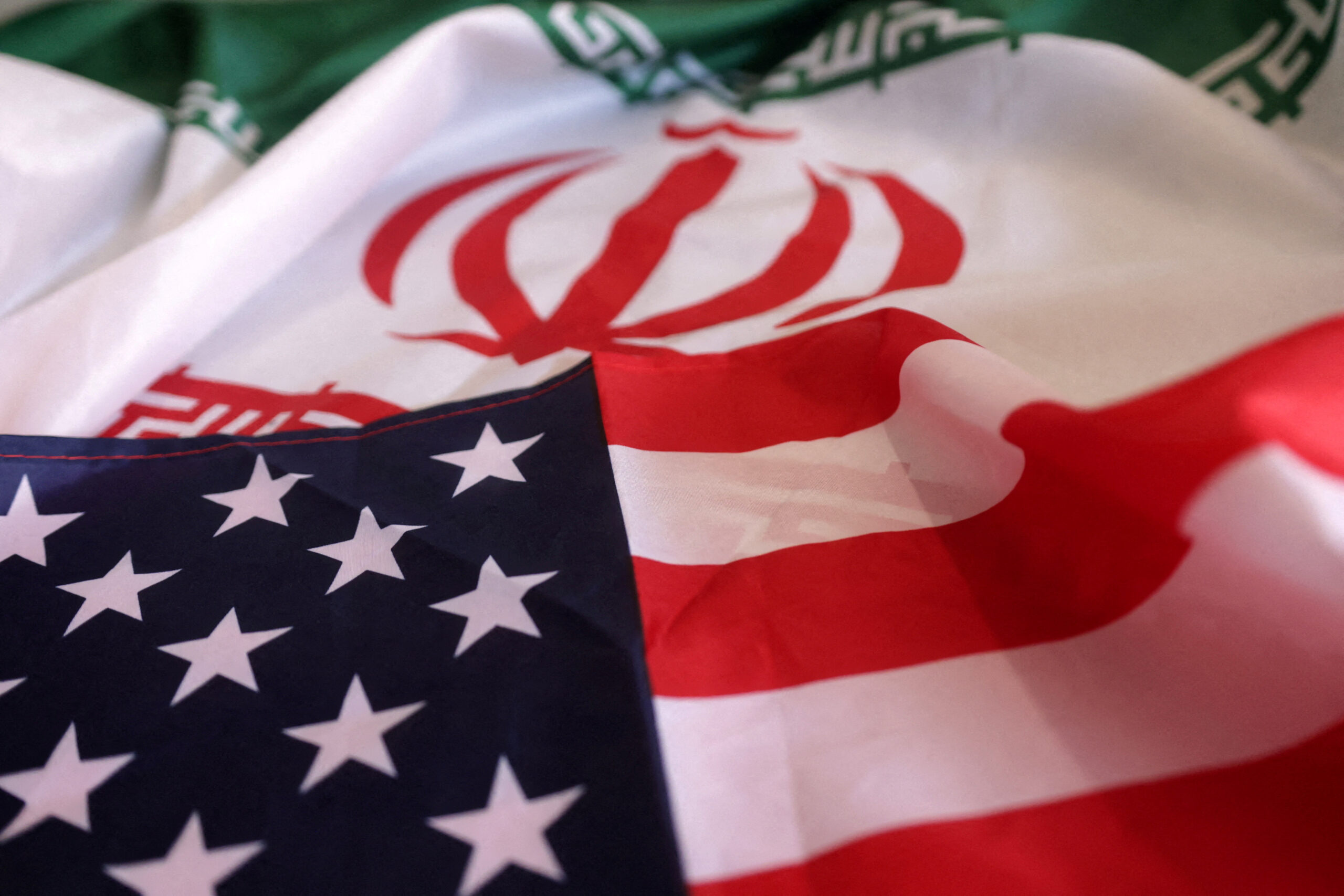Tariq Mahmood Awan
In a conflict where Iran faced the combined force of Israeli military strikes and U.S. strategic backing, few expected the Islamic Republic to emerge with any sense of victory. Yet, despite the odds, Iran did not collapse under pressure. Instead, it mounted a calculated and resilient response that has shifted global perception and handed Tehran what can only be described as a symbolic—yet significant—triumph in the face of overwhelming force.
The initial attacks on Iranian nuclear facilities and key defense sites were meant to cripple Iran’s strategic infrastructure and undermine its regional influence. However, Iran’s swift retaliation, including missile strikes on Israeli targets and the U.S. airbase in Qatar, demonstrated not only its military readiness but also its strategic restraint. Iran avoided provoking an all-out war while simultaneously making clear that it would not remain passive in the face of external aggression. This dual message of defiance and discipline allowed Iran to project strength without crossing a red line that could trigger uncontrollable escalation.
One of the most unexpected outcomes of the conflict was the surge in Iranian national unity. Prior to the assault, Iran was dealing with internal political tensions, public dissent, and a generational divide. Western policymakers assumed that any foreign intervention might deepen these rifts, weakening the regime from within. Instead, the opposite happened. The Iranian public, regardless of their views on the Islamic Republic, largely rallied behind the nation in what was widely perceived as a defense of sovereignty and national dignity. The regime, often criticized at home, found new political strength through this unexpected show of solidarity.
At the heart of Iran’s symbolic victory is the deep cultural and civilizational identity that defines the nation. Iran is not a young or manufactured state; it is a civilization that has withstood centuries of invasions, occupations, and political upheaval. When faced with what was viewed as an assault on this identity, Iranians responded not only with political alignment but with emotional and historical conviction. The government effectively tapped into this cultural consciousness, framing the conflict as a continuation of centuries-old resistance to imperialism. This framing resonated deeply with the population and further elevated Iran’s moral position on the global stage.
Please subscribe to the YouTube channel of republicpolicy.com for quality content.
The intended goals of Israel and the United States—weakening Iran’s regime, curbing its nuclear ambitions, and reshaping regional dynamics—did not materialize. If anything, their actions exposed the limitations of force-driven foreign policy. Iran’s leadership remained intact, its defense capabilities operational, and its regional alliances largely undisturbed. The strikes, intended as a show of power, instead highlighted the strategic miscalculation of assuming that military dominance automatically translates into political success. Iran, while damaged, was far from defeated—and the narrative emerging from the conflict reflected that reality.
Adding to Iran’s symbolic victory was the global reaction to the legality and morality of the strikes. Legal scholars and international observers condemned the attacks as breaches of international law, particularly given the lack of United Nations authorization. Iran, by contrast, positioned its response as lawful self-defense under Article 51 of the UN Charter. This argument gained traction, especially in the Global South and among nations that have historically suffered from Western military interventions. Iran’s portrayal as a sovereign state defending itself against unprovoked aggression gave it an unexpected boost in moral legitimacy.
In today’s geopolitical landscape, where soft power and global narratives shape diplomatic outcomes as much as military capability, Iran proved adept at framing the conflict on its own terms. It didn’t just respond with missiles—it responded with a message. By asserting itself as a proud, sovereign nation resisting domination, Iran appealed to a global audience weary of unilateral military actions by superpowers. Its ability to control the narrative gave it a strategic edge that outpaced the tactical losses it may have incurred.
Ultimately, while Iran did not emerge militarily victorious in the conventional sense, it gained a significant symbolic win. It defended its national pride, showcased its strategic resolve, rallied its population, and exposed the flaws in its adversaries’ approach. The conflict revealed that in today’s interconnected world, resilience, unity, and narrative control can sometimes achieve more than brute force. Iran’s response to the Israeli-U.S. assault has positioned it not as a weakened state, but as a defiant and morally fortified actor in a volatile region—something neither Tel Aviv nor Washington likely anticipated.
















